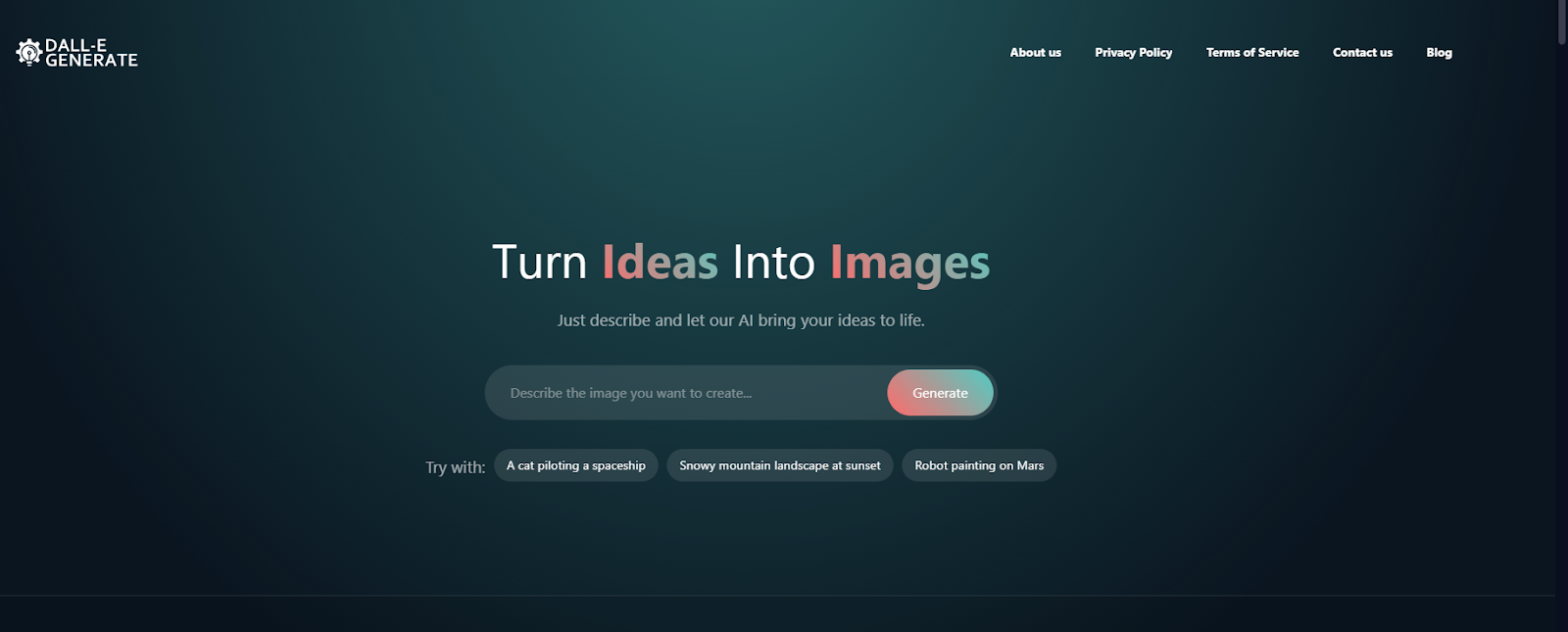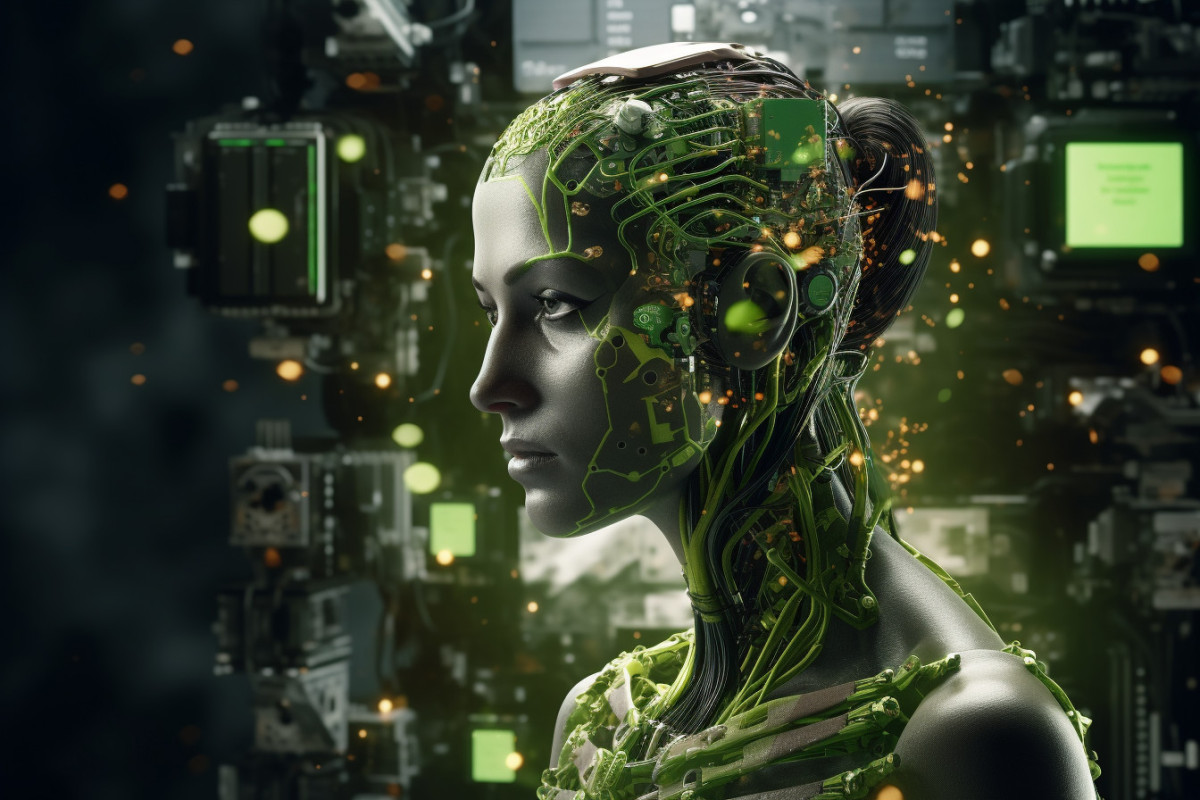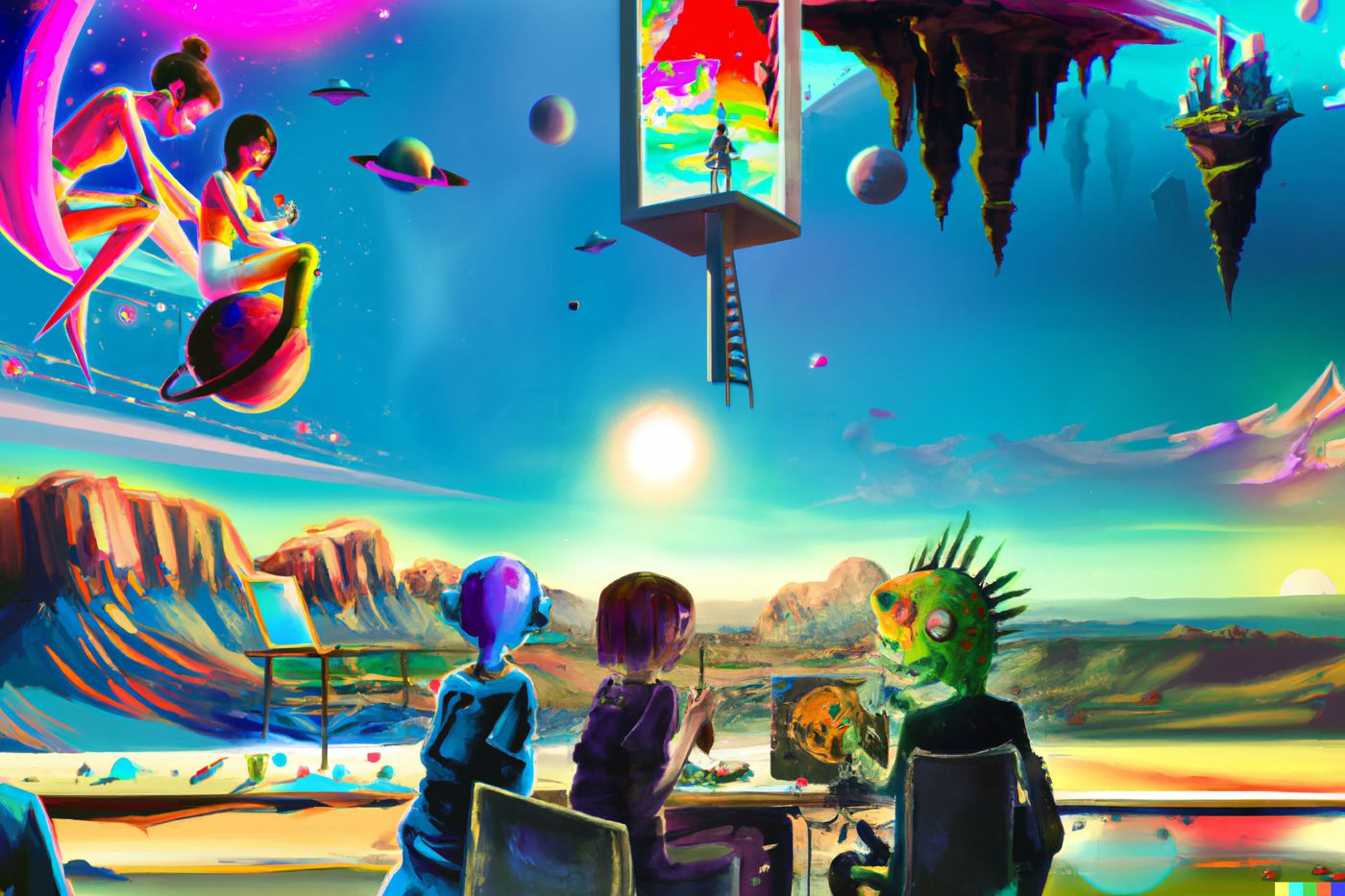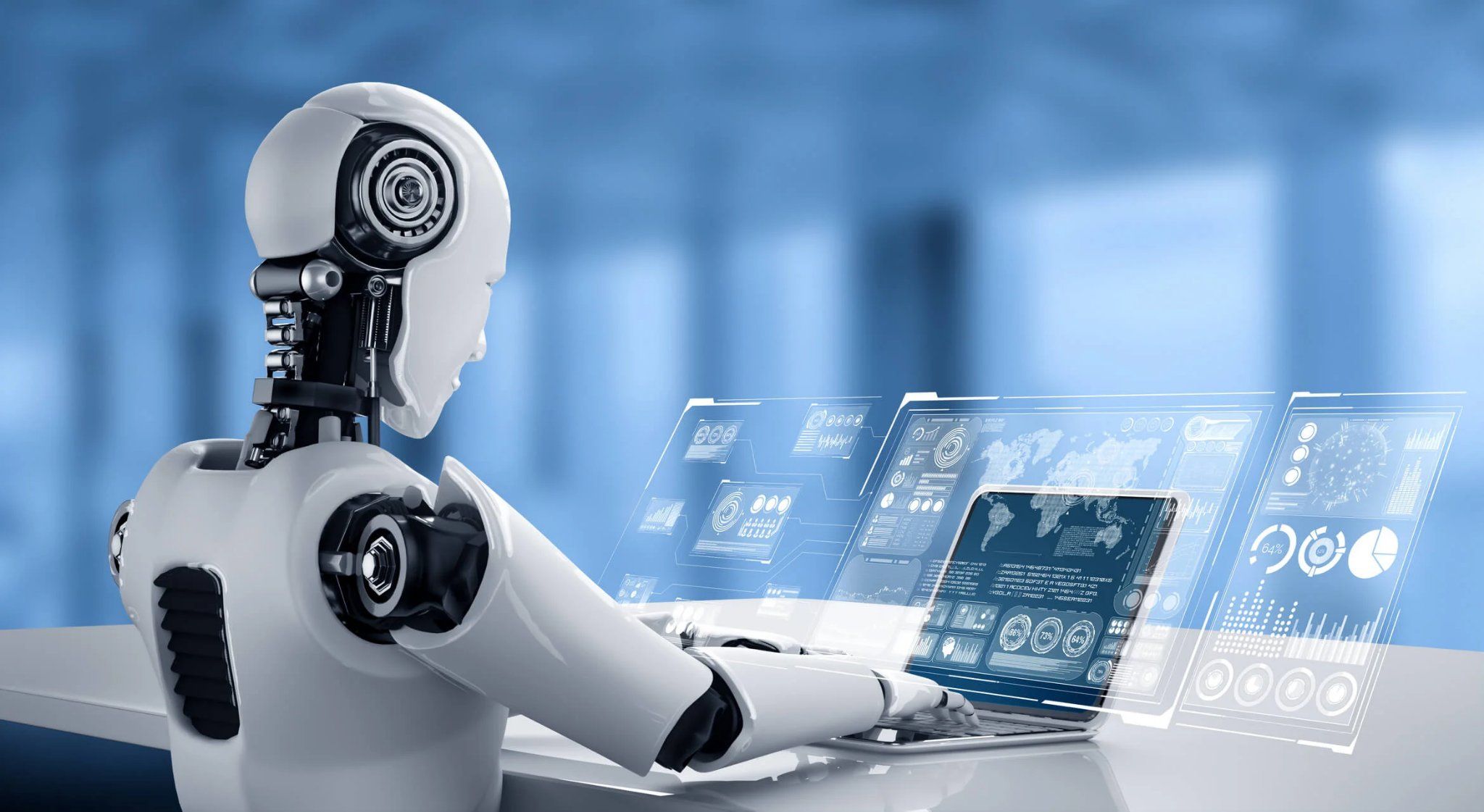Modern artificial intelligence is transforming the way we enhance images. Whether you are a professional photographer, a designer, or an everyday user, using AI to make a sharper image allows you to restore details, correct blurriness, and improve image quality with minimal effort. AI-powered sharpening tools use deep learning to enhance images in a way that traditional editing software cannot. This article explores How To Create Ai Images enhances image sharpness, the best tools available—including Dall-E Generate—and how AI sharpening compares to manual editing.
How AI Technology Enhances Image Sharpness
Understanding AI-Powered Sharpening
AI sharpening uses machine learning models trained on thousands of high-quality images to predict and reconstruct missing details in a blurry or low-quality photo. Unlike traditional sharpening filters, which only adjust contrast between edges, AI-based sharpening:
- Identifies and reconstructs lost details.
- Enhances textures without increasing noise.
- Provides a more natural and realistic look.
AI models analyze image patterns and textures to create a sharp, high-resolution version of the original image.
You might be interested in:
What Is A Good Ai Image Generator
Websites To Change A Picture To Other Styles AI

The Role of Neural Networks in Sharpening
Neural networks play a crucial role in using AI to make a sharper image by:
- Learning from vast datasets of clear and blurry images.
- Recognizing edges, shapes, and textures.
- Reconstructing high-frequency details that are lost due to blurriness.
This process ensures that AI-enhanced images look crisp and well-defined, even when upscaled.
Discover more:
- S23 Ultra Generative Ai Can I Save The Clipped Images
- Samsung Ai Picture Editor For Samsung Galaxy S21
- Using Ai To Describe An Image
AI Tools for Image Sharpening
Dall-E Generate: AI-Powered Image Enhancement
Dall-E Generate is an advanced AI tool that not only generates images but also enhances existing ones by:
- Increasing sharpness while preserving natural details.
- Removing blurriness caused by motion or low resolution.
- Automatically adjusting textures for a professional finish.
This tool is particularly useful for graphic designers, photographers, and digital artists who require precise and high-quality image enhancements.
Top AI-Based Image Sharpening Tools
There are several AI tools designed specifically for improving image sharpness:
| Tool | Features | Best For |
| Topaz Sharpen AI | AI-driven sharpening, noise reduction | Professional photography |
| Adobe Photoshop AI Filters | Smart sharpening, texture enhancement | Designers and artists |
| Remini | Restores sharpness in old and low-quality images | Everyday users |
Each of these tools uses AI to restore details and improve image quality beyond what traditional sharpening methods can achieve.
You may also like:
- Is There An Ai That Describes Images
- Remove Image Background Ai
- Remove Text From Images Ai
- Restriction Free Ai Image Generator
Applications of AI Image Sharpening
Restoring Old and Low-Resolution Images
Old photographs often suffer from fading and blurriness. AI-powered sharpening tools can:
- Recover fine details in aged photos.
- Enhance low-resolution images without adding noise.
- Bring clarity to historical or vintage images.
This is especially useful for archiving and restoring family or historical photos.

Improving Mobile Photography
Smartphone cameras, despite advancements, sometimes capture soft or slightly blurred images due to lens limitations. AI sharpening enhances:
- Portrait shots by refining facial details.
- Landscape images by adding depth and definition.
- Night mode photos by improving clarity in low-light conditions.
AI-based sharpening apps are increasingly integrated into mobile devices for real-time enhancements.
Advantages of AI Sharpening Over Traditional Methods
More Natural Image Processing
Unlike conventional sharpening, which can make an image look overly harsh or artificial, AI sharpening:
- Maintains smooth edges without excessive contrast.
- Enhances textures without introducing halos or artifacts.
- Preserves original colors and tones.
This results in more natural and visually appealing images.

Time-Saving and Automated Enhancements
AI tools automate the sharpening process, allowing users to:
- Improve images instantly with minimal manual adjustments.
- Apply batch processing for multiple images at once.
- Achieve professional results without expert knowledge.
This efficiency makes AI sharpening ideal for both professionals and casual users.
Challenges and Limitations of AI-Based Sharpening
Over-Processing Risks
While using AI to make a sharper image is effective, it can sometimes lead to:
- Over-sharpening, making the image look unnatural.
- Loss of original textures if the AI misinterprets details.
- Increased artifacts in highly compressed or noisy images.
Users should fine-tune AI settings to avoid over-processing artifacts.
Dependency on High-Quality Data
AI sharpening models rely on high-quality training datasets. This means:
- Results may vary depending on the image quality.
- Some images may not achieve perfect sharpness if the original details are completely lost.
- AI may struggle with certain textures or extremely blurred images.
Despite these limitations, AI sharpening continues to evolve, improving its ability to restore details in various image types.

Future Trends in AI Image Enhancement
Integration into Cameras and Smartphones
Smartphones are increasingly incorporating AI-powered sharpening into their native camera apps. Future developments may include:
- Real-time AI sharpening while capturing photos.
- Smart focus correction for blurred subjects.
- AI-driven super-resolution in smartphone photography.
With brands like Samsung and Apple pushing AI-enhanced photography, users can expect unprecedented clarity in mobile images.
AI in Video Sharpening
AI sharpening is not limited to photos—video enhancement is also improving:
- AI-based frame sharpening for clearer videos.
- Motion stabilization combined with AI sharpening.
- Real-time sharpening in live-streaming and video calls.
These advancements will redefine video quality across platforms.
Conclusion
The impact of using AI to make a sharper image is undeniable. AI-powered tools allow users to:
- Enhance photo clarity beyond traditional sharpening methods.
- Restore old and low-resolution images with stunning detail.
- Save time while achieving professional-grade results.
Platforms like Dall E Image Generator Free lead the way in AI-driven image enhancement, offering powerful automated sharpening features.
As AI continues to advance, its role in photography, digital art, and everyday image processing will only grow, making high-quality visuals more accessible than ever.


